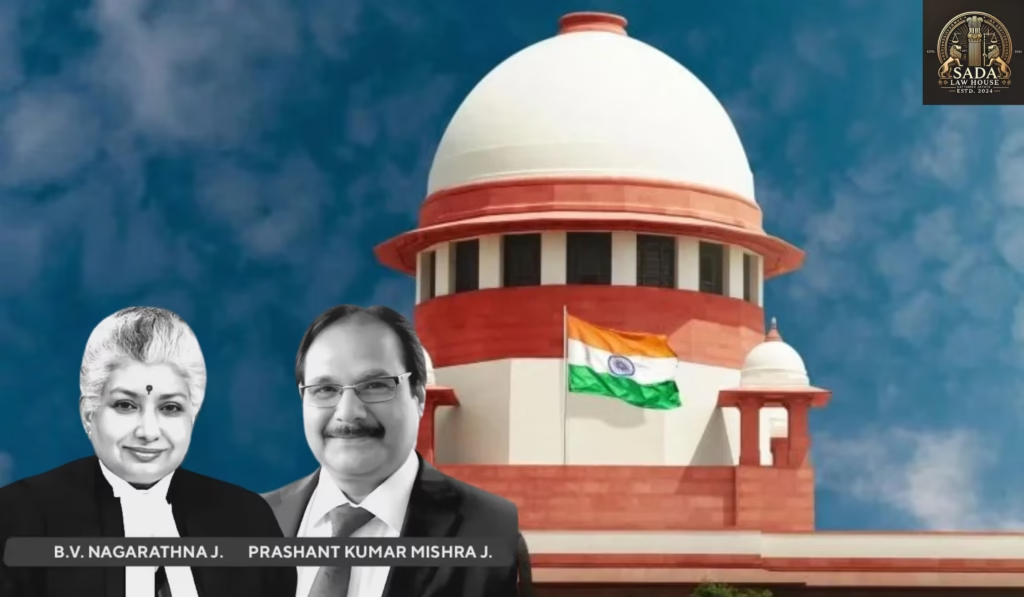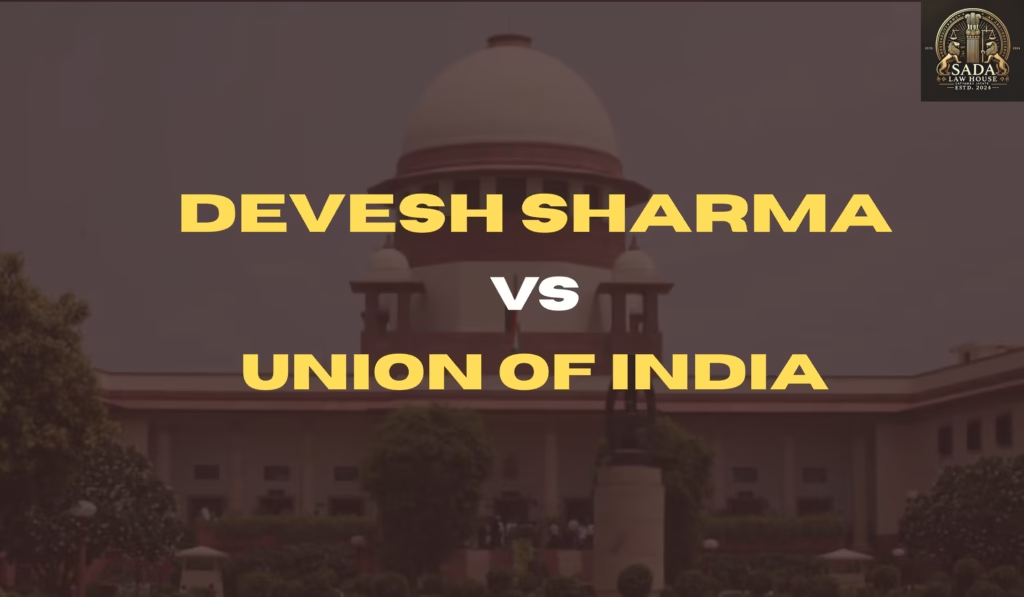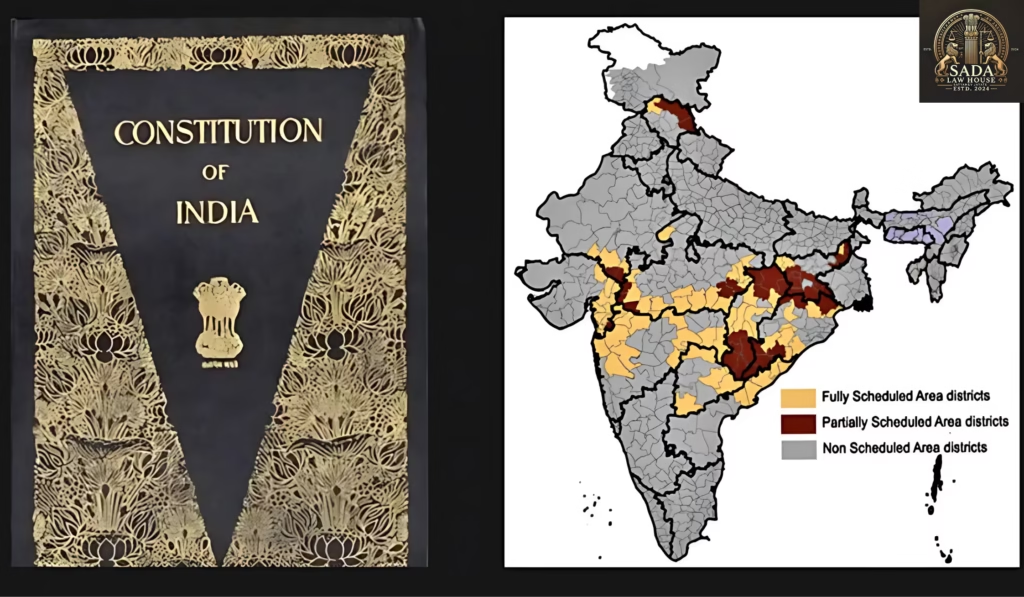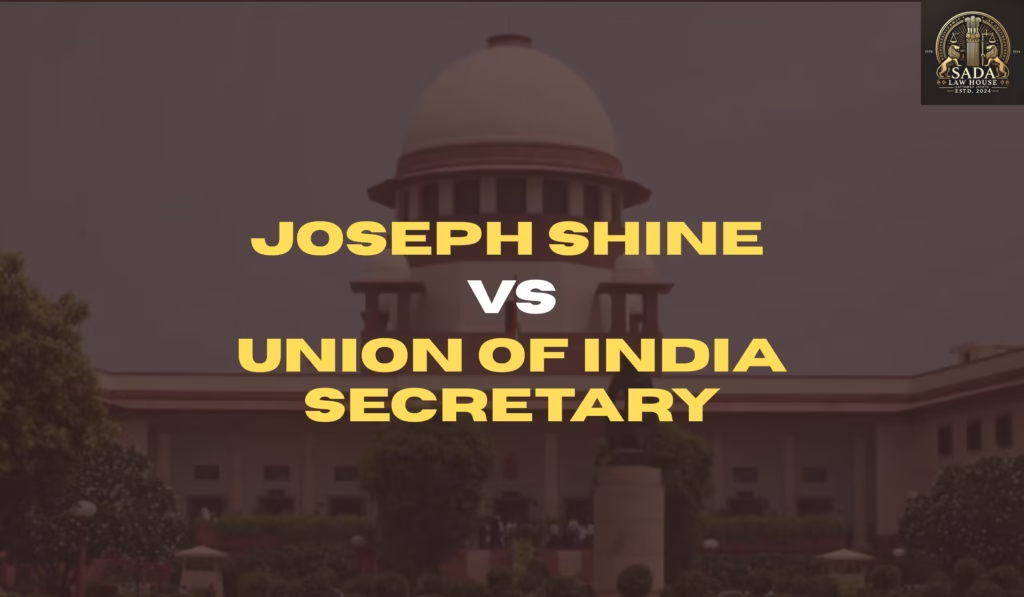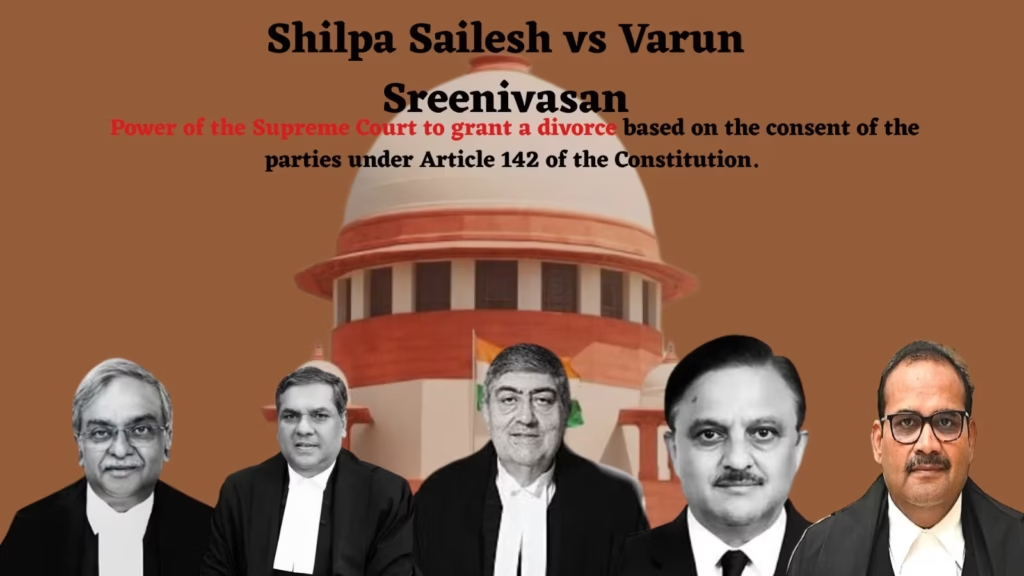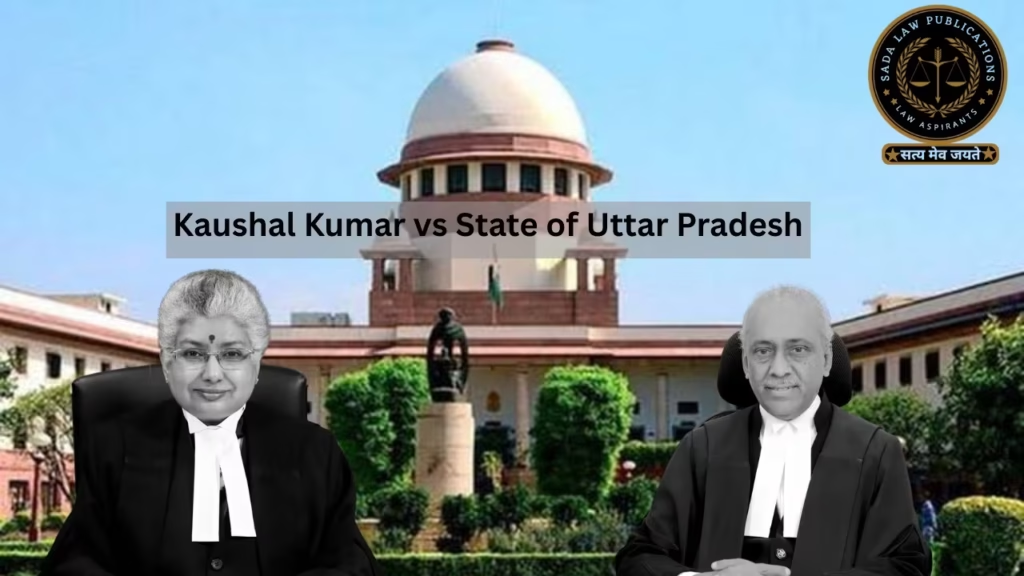Secunderabad Club v. Commissioner of Income Tax-V (2023): Supreme Court Rules Interest Income on Bank Deposits Taxable
Trending Today Secunderabad Club v. Commissioner of Income Tax-V (2023): Supreme Court Rules Interest Income on Bank Deposits Taxable Devesh Sharma v. Union of India (2023): Supreme Court Rules B.Ed. Holders Ineligible for Primary Teaching Posts Salib v. State of Uttar Pradesh (2023): Supreme Court Denies Plea to Quash Criminal Intimidation FIR Pradyuman Bisht v. Union of India (2023) — Supreme Court Mandates Enhanced Court Security and Digitization Dreams Deferred: Odisha’s Young Engineers Caught in Recruitment Crossfire Byju’s in the Dock: Can India’s Ed-Tech Giant Escape the Debt Trap? Mob Lynching in Moradabad: Will Shahedeen’s Family Get Justice or Just Sympathy? Blackbuck, Bollywood & the Battle for Justice: Salman Khan’s Saga Returns to Court Supreme Court Cancels Congress MLA Vinay Kulkarni’s Bail in BJP Worker Murder Case BBC Journalist Gets Passport Relief from Allahabad High Court in Mosque Demolition Case Secunderabad Club v. Commissioner of Income Tax-V (2023): Supreme Court Rules Interest Income on Bank Deposits Taxable REHA BHARGAV 08 June 2025 In Secunderabad Club v. CIT, the Supreme Court ruled that interest earned by clubs on fixed deposits in banks is taxable income. The Court rejected the application of the principle of mutuality, stating that club-bank relationships are not mutual in nature. Introduction This landmark case addresses the taxability of interest income earned by clubs such as Secunderabad Club on fixed deposits (FDs) with banks. The central issue before the Supreme Court of India was whether such income falls under the exempt category due to the principle of mutuality or charitable status of these clubs—or whether it is taxable under the Income Tax Act, 1961. The matter came before the Supreme Court due to divergent rulings by tax authorities and lower courts. The judgment provides authoritative clarity on whether clubs can claim tax exemptions on interest earned from external financial instruments like FDs in banks. Facts of the Case The appellants, including Secunderabad Club, had invested substantial amounts in bank fixed deposits, which generated considerable interest income. They contended that these funds, being pooled from members and deposited with banks (some of which were corporate members of the clubs), fell under the principle of mutuality—meaning the income should not be treated as taxable profit. However, the Income Tax Department taxed these earnings under “Income from Other Sources”, arguing that the depositor–banker relationship did not constitute mutuality. Issue of the Case Is the interest income earned by clubs on bank fixed deposits exempt from tax under the principle of mutuality or charitable status, or is it taxable under the Income Tax Act, 1961? Petitioner’s Arguments The clubs argued that since the banks were corporate members, and the funds were meant for members’ benefit, the interest earned should be treated as non-taxable under the principle of mutuality. They claimed that the income was not a “profit” but merely a recycling of members’ funds. The petitioners also highlighted their non-profit and charitable objectives, asserting that taxing such income would undermine the very purpose of these clubs. Respondent’s Arguments The Commissioner of Income Tax (CIT) countered that the relationship with banks was purely commercial, with the clubs acting as regular depositors. Since the interest came from external sources (banks, not members), mutuality did not apply. They emphasized that charitable or non-profit status doesn’t automatically exempt income earned from transactions with non-members, especially financial institutions. They cited judicial precedents to argue that such interest is income from other sources under the Income Tax Act and thus taxable. Judgment On 17 August 2023, the Supreme Court ruled that the interest income earned by clubs on fixed deposits is taxable under the Income Tax Act, 1961. The Court held: The principle of mutuality does not apply to the interest income earned from banks, even if the banks are corporate members of the club. The relationship between the club and the bank is that of a depositor and banker, not a mutual association. Income arising from external commercial transactions is distinct from the internal dealings among members and is liable to tax. The claim of charitable or non-profit status does not cover such non-mutual income. This judgment established that such earnings qualify as “income from other sources” and must be taxed accordingly. Conclusion The Supreme Court’s decision in Secunderabad Club v. CIT sets a definitive precedent: interest income earned by clubs on bank fixed deposits is taxable, regardless of the non-profit status or mutual nature of their internal affairs. By distinguishing between internal member transactions and external income sources, the Court clarified that the principle of mutuality has limited applicability. The ruling ensures that non-member-based income, even if incidental to a charitable or social objective, is not shielded from taxation under the Income Tax Act, 1961. This decision will significantly impact clubs, societies, and non-profit institutions in India, urging them to re-evaluate their financial strategies and compliance with income tax regulations. Leave a Reply Cancel Reply Logged in as Sadalaw. Edit your profile. Log out? Required fields are marked * Message* Case Laws Secunderabad Club v. Commissioner of Income Tax-V (2023): Supreme Court Rules Interest Income on Bank Deposits Taxable Secunderabad Club v. Commissioner of Income Tax-V (2023): Supreme Court Rules Interest Income on Bank Deposits Taxable Sadalaw • June 8, 2025 • Case law • No Comments Devesh Sharma v. Union of India (2023): Supreme Court Rules B.Ed. Holders Ineligible for Primary Teaching Posts Devesh Sharma v. Union of India (2023): Supreme Court Rules B.Ed. Holders Ineligible for Primary Teaching Posts Sadalaw • June 8, 2025 • Case law • No Comments Salib v. State of Uttar Pradesh (2023): Supreme Court Denies Plea to Quash Criminal Intimidation FIR Salib v. State of Uttar Pradesh (2023): Supreme Court Denies Plea to Quash Criminal Intimidation FIR Sadalaw • June 8, 2025 • Case law • No Comments 1 2 3 … 5 Next »

